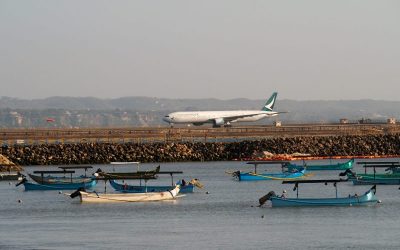So you have decided to source from overseas. When companies and businesses decide to source from overseas, their only objective is to benefit from the competitive markets existing in other parts of the world. As per the findings of Harvard Business Review and other research publications, certain countries have an inherent advantage in succeeding in particular industries. This is because their home environment favors those industries.
However, international sourcing is also a risky maneuver as a lot of your money is at stake. You are not physically present at the location and your money is in a foreign land so you do not have full control over the process. Sourcing agents or sourcing companies deal and communicate with suppliers on your behalf. They are supposed to ensure transparency and make decisions that are right for you.
You can either partner up with a sourcing agent or get onboard with a full-fledged sourcing agency. The choice is yours but we want to give a holistic view of how sourcing agents and sourcing companies operate so you can make your decision more wisely.
Sourcing Agents
In a nutshell, a sourcing agent is a freelancer hired on a fixed fee or commission to source products for you. Since they are typically freelancers, they can be found through sites like Upwork and Elance, referrals, or they may approach you via cold contact through email or social media, such as Facebook/LinkedIn. Sourcing agents are present in the country where you want to source from, meaning you can meet them virtually. A sourcing agent will get you quotes from different factories and suppliers, establish a deal, and ship products to your home. The problem with sourcing agents is that they have no reputation to uphold. If things go wrong, it’s very hard to hold them accountable. They are in another country and you cannot just walk into their office and give them tough looks.Sourcing Companies
Sourcing companies have a vast network and global diaspora of agents with specialized backgrounds in various industries and extensive experience in global trade. The procurement officers have forged long-term relationships with reliable sellers to get the best products at an excellent market price. Here are some benefits of sourcing companies:Global Reach & Limitless Industries
Sourcing companies have global reach and they have agents around the world. They have connections with manufacturers across various industries.They Provide Complete 360° Sourcing Solutions
They provide 360-degree services that include:- Supplier Research & Factory Audits
- Contract Negotiations & Verifications with Analysis
- Order Monitoring, Product Development & Dispute Management
- Quality Control, Inspection & Reporting
- Logistics, Shipping Consultancy & Payment Management


